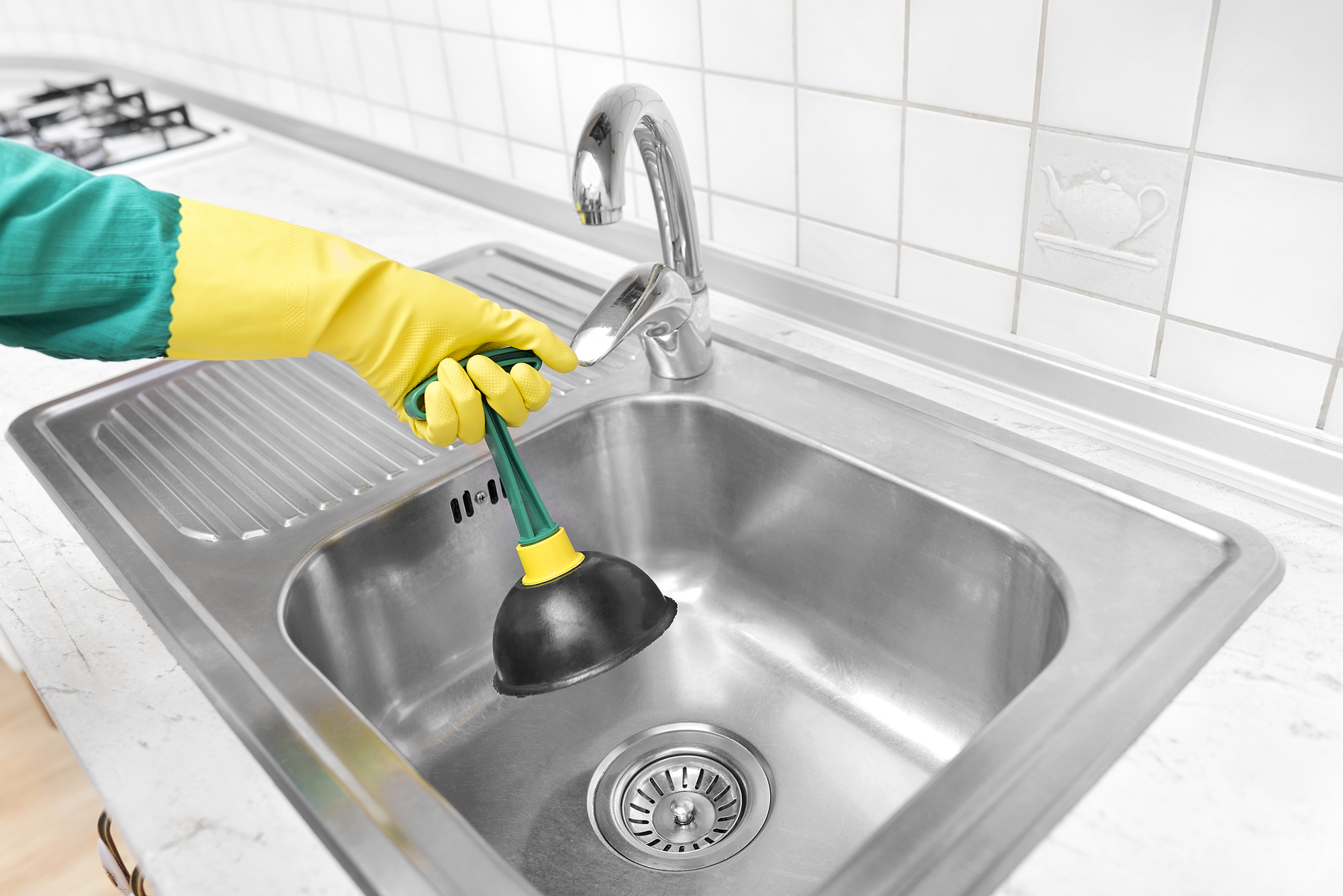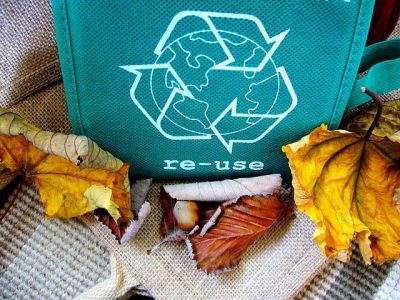Going on vacation is without a doubt exciting, but it can also be wasteful. We often tend to be lazier in our conservation efforts when our brain is in vacay mode.
From fuel emissions to one-use plastics there are many things we do when traveling that have a negative impact on the environment. And although you can’t avoid producing waste altogether, there are many things you can do to be a more eco-conscious traveler.
Ecotourism doesn’t mean you have to limit your travel to camping or never fly on a plane again. Ultimately it’s about making changes in small choices that reduce your overall negative impact.
Keep reading for 7 different ways you can make your vacation eco-friendly!
1. Pack Light
When packing for your next vacation try to only bring what you actually need. Everyone knows how easy it can be to overpack, so try to reassess what you’ve placed in your bag to see if it’s actually essential for your trip.
Not only will packing lighter help save you the struggle of lugging all your stuff around but it will also help reduce your CO2 emissions. Every little bit helps, especially when traveling by plane or train. The lighter a plane is, the less fuel it takes to get you to your desired spot, meaning a smaller impact on the environment.
2. Choose the Most Eco-Friendly Transportation
Can you reach your destination by driving or taking a train? Try to avoid flights to places you can drive to. Flying uses way more fuel than any other means of transportation, and it’s a top contributor to carbon emissions.
If you have to fly try to pick a flight with a high occupancy rate. Also, try to opt for public transportation options when they are available. This is not only often cheaper than taking an Uber or cab but is also more efficient for fuel conservation.
3. Save Energy
Whenever you decide to leave your room, make an effort to turn off lights and AC. It can be easy to overlook this since you aren’t thinking about paying the electricity bill.
Forgetting to turn off lights or turning down the AC so it will be extra cold when you return is the main contributor to travel waste. Making sure to turn off the TV and unplug devices can also help you conserve electricity use.
Instead of cranking down the AC temp, try closing the blinds to help prevent heat from the sunlight. When showering, don’t unnecessarily use a new towel each time. Think about where you are staying as if it was your home and try to conserve as much energy as you would there.
4. Avoid Bottled Water
When traveling it can be easy to get sucked into buying a quick bottle of water for the sake of convenience. As we all know by now, water bottles are a top contributor to plastic waste around the globe. In fact, 17 million barrels of oil go into producing bottled water each year.
Avoid this by bringing your own reusable bottle. If you are concerned about the quality of the water at your destination you can buy water bottles that contain carbon filters in them.
This one-time purchase will not only help the environment but will also save you money since you won’t be having to buy a new water bottle every time you need a drink.
5. Shop Local
This tip is a great way to be an eco-friendly traveler. Not only do locally grown fruits and veggies taste better, but they also don’t need international travel to reach your plate.
And this isn’t limited to food, any item that has been exported from another place had to use fossil fuel to reach where you’re finding it. By buying locally you are contributing to the economy of wherever you are staying on top of reducing your carbon footprint.
This option also helps you enjoy a more authentic experience of wherever you may be traveling to.
6. Find Eco-Friendly Places to Stay
Supporting a sustainable business is a great way to have environmentally friendly travel. Check with any hostel or hotel before booking to see if they are geared towards being environmentally friendly.
Are they working to help the community they are in? And are they using sustainable methods for their waste such as recycling?
If possible, find a place to stay that uses alternative energy sources such as solar power. As the push for eco-friendly travel grows more and more tourist options are switching to sustainable efforts.
7. Stop Single Use Plastic
Stopping single-use plastic is the golden rule of having an environmentally friendly life. This also applies when traveling.
Make an effort to bring a reusable produce bag with you for trips to the market. For women, switching to a menstrual cup is a great way to reduce your personal plastic use. Also, instead of buying travel size products each time you fly invest in containers that you can re-use for every trip.
If you use any products provided to you by your hotel and hostel, make sure to use all of it or take the rest with you. Any left-over products get thrown away after your stay. Be aware of what plastic you can cut out to help reduce the amount of waste you produce on your trip.
Being Sustainable Is Fun!
Traveling is one of the most amazing things you can do as a member of this great planet. These tips are here to help your experience be the best it can be for both you and the environment.
By making these few small adjustments you can make a big impact. Whether you’re backpacking in Europe, participating in an ayahuasca ceremony, or visiting a neighboring state you have the power to make a difference in today’s environmental practices.
Check out our website for more eco-friendly tips!










